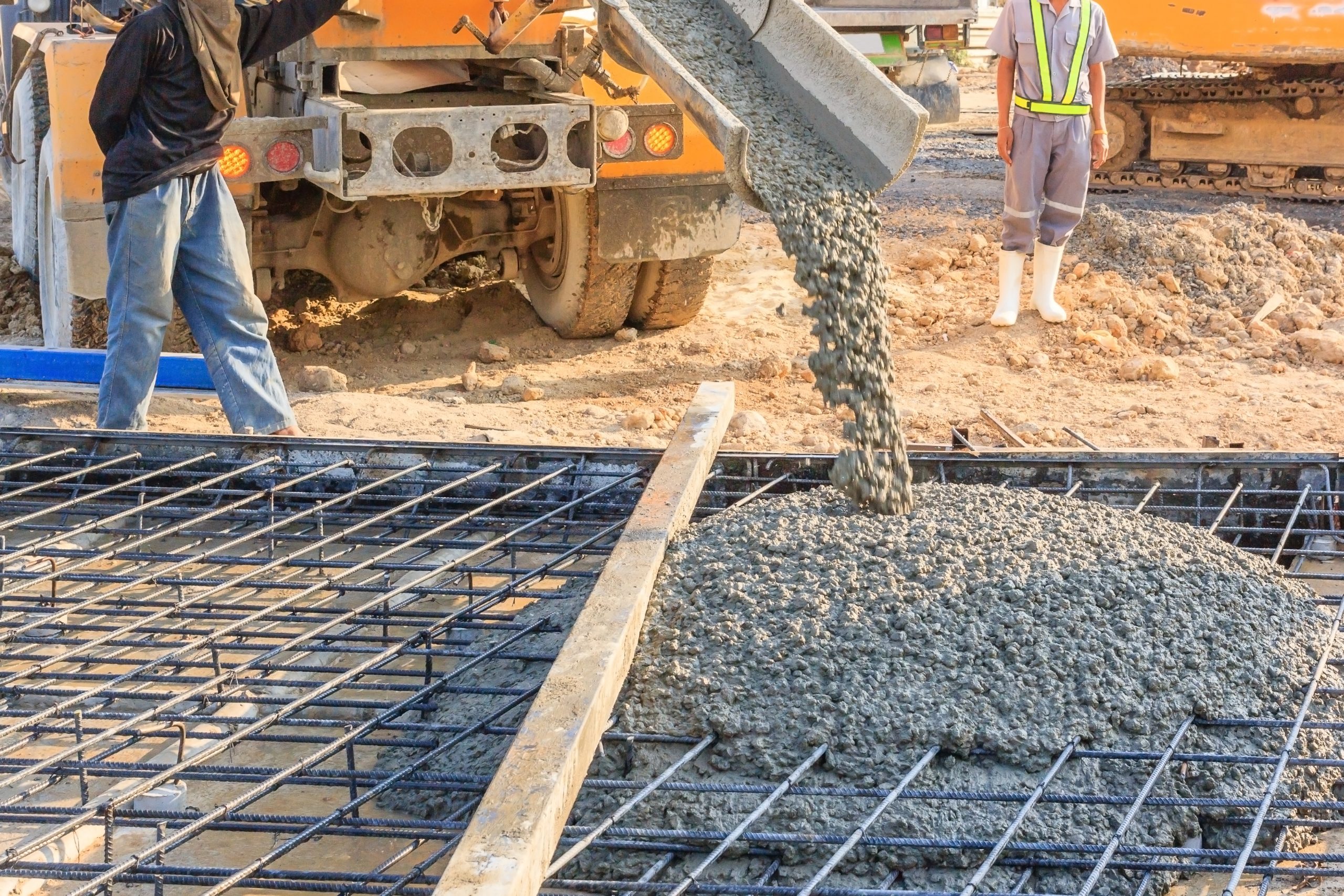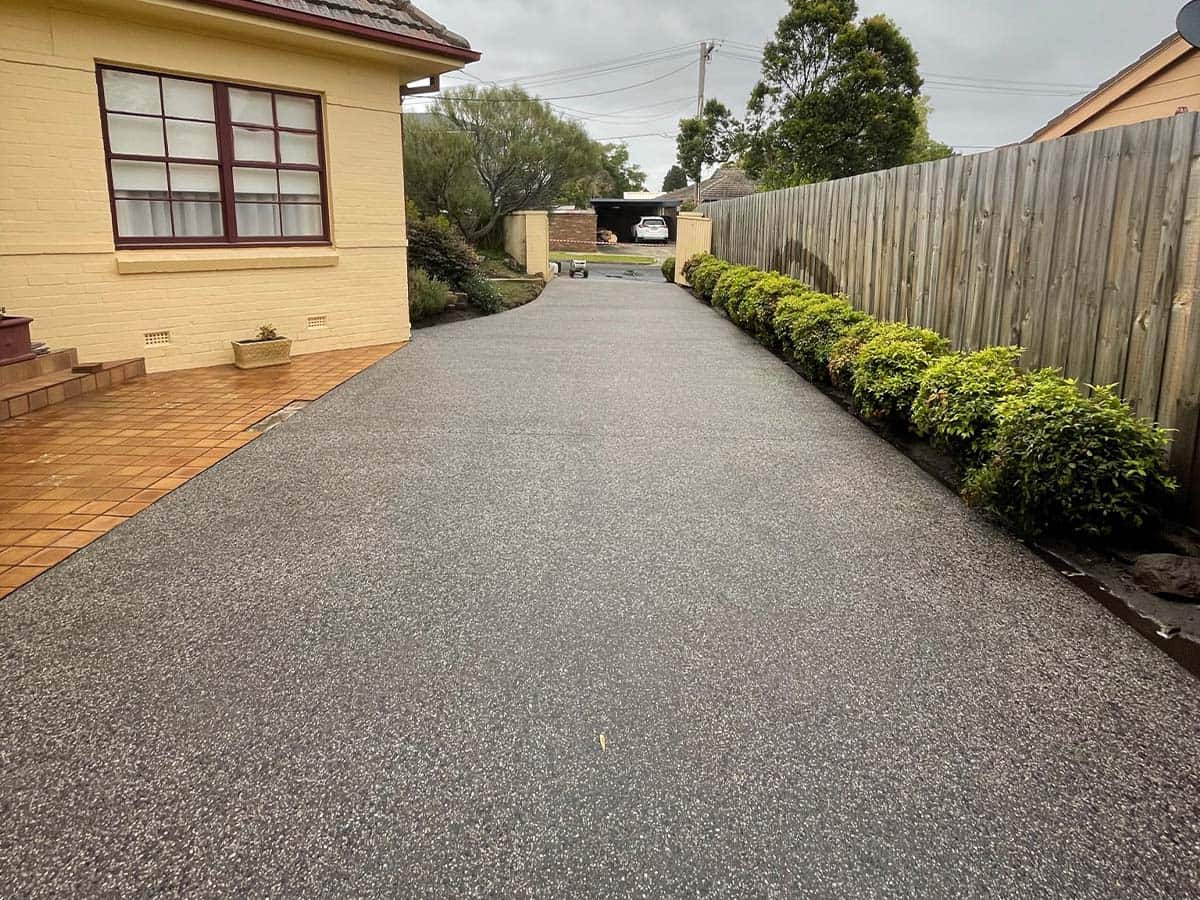Experienced Concrete Professionals: Relied On for Quality and Effectiveness
Experienced Concrete Professionals: Relied On for Quality and Effectiveness
Blog Article
Revealing the Eco-Friendly Advantages of Using Recycled Concrete in Sustainable Building Practices
In the world of lasting construction practices, the utilization of recycled concrete stands as a pivotal yet frequently undervalued resource. Past its standard applications, recycled concrete deals a myriad of environmentally friendly advantages that prolong much past the confines of traditional building and construction materials. From minimizing ecological effect to enhancing cost-efficiency, the implications of incorporating recycled concrete in lasting building techniques are substantial. This versatile product not just addresses pressing ecological problems however also presents a viable remedy to the obstacles encountered by the building market at big.
Environmental Advantages
Undoubtedly, among the most substantial benefits of using recycled concrete is its favorable effect on the atmosphere. By integrating recycled concrete right into building and construction practices, there is a significant decrease in the need for new raw products, bring about conservation of all-natural resources. This procedure helps in maintaining aggregates, water, and energy that would have been used in creating new concrete. In addition, the usage of recycled concrete reduces the quantity of waste being sent to garbage dumps, thereby minimizing ecological contamination and reducing the pressure on landfill capacities.

Additionally, the manufacturing of typical concrete is a significant resource of carbon discharges as a result of the energy-intensive process of concrete production. In contrast, recycled concrete has a reduced carbon footprint as it reduces the need for new concrete manufacturing. This decrease in carbon exhausts adds to mitigating climate adjustment and supports lasting building methods. Overall, the environmental benefits of utilizing recycled concrete are substantial and play an important duty in promoting environmentally friendly building techniques.
Cost-Efficiency
Attaining cost-efficiency is a paramount consideration when examining the utilization of recycled concrete in construction projects. One of the key benefits of making use of recycled concrete is its cost-effectiveness compared to standard concrete. The manufacturing of recycled concrete includes much less energy and sources as it uses existing materials, reducing the overall project expenses substantially. In addition, the availability of recycled concrete locally can additionally lower transport expenditures, making it a much more affordable option for construction tasks.
Additionally, using recycled concrete can bring about cost savings in garbage dump expenses by diverting concrete waste from disposal sites. This not just decreases the environmental influence yet also removes the prices connected with waste elimination. Moreover, the sturdiness and efficiency of recycled concrete are similar to traditional concrete, making sure that expense financial savings do not endanger the quality of the building and construction.
Durability and Strength
Considering the considerable cost-efficiency advantages of using recycled concrete, it is imperative to analyze its longevity and strength in construction applications. Recycled concrete offers similar, otherwise superior, durability and toughness buildings to conventional concrete. Via advancements in processing techniques and quality assurance, recycled concrete can satisfy or exceed the efficiency standards of conventional concrete. The process of reusing concrete includes squashing, arranging, and screening old concrete to create accumulations that can be used in brand-new construction projects. These recycled accumulations can giving satisfactory compressive toughness, longevity, and lasting efficiency.

Waste Decrease
When it comes to making use of recycled concrete, waste reduction is an essential benefit that contributes substantially to ecological preservation. By incorporating recycled concrete right into building and construction tasks, this waste is repurposed and drawn away from land fills, reducing the overall ecological effect of building activities.
Recycled concrete not just helps in decreasing the quantity of waste that finishes up in helpful site garbage dumps yet also saves natural deposits by reducing the demand for new aggregate materials. This process of waste reduction promotes a circular economic climate within the building industry, where products are recycled and reused to create a more lasting market. Furthermore, the use of recycled concrete can lead to cost savings for building and construction tasks, as it is commonly much more affordable than sourcing and moving new products. In final thought, waste decrease with the application of recycled concrete is an essential part of sustainable building and construction techniques that profits both the building and construction and the atmosphere sector overall.
Energy Conservation
Energy preservation is an essential element of lasting construction methods, aiming to reduce the total energy intake related to structure procedures and materials production. Considerable energy financial savings are attained compared to standard concrete manufacturing when it comes to utilizing recycled concrete in building. The process of producing recycled concrete involves crushing and recycling existing concrete materials, which eats much less energy than mining, handling, and carrying raw materials for brand-new concrete production. In addition, making use of recycled concrete can assist reduce the need for virgin accumulation, further decreasing the energy-intensive removal and handling of natural resources.
Conclusion
To conclude, the utilization of recycled concrete in sustainable building and construction methods offers numerous environmental advantages, cost-efficiency, resilience, strength, waste reduction, and power conservation. By incorporating recycled concrete next right into construction tasks, we can add to a more sustainable and eco pleasant future. It is important for the construction market to focus on making use of recycled materials to help lower the ecological impact of building tasks.
One of the crucial advantages of utilizing recycled concrete is its cost-effectiveness contrasted to typical concrete.Furthermore, the usage of recycled concrete can lead to cost savings in land fill prices by drawing away concrete waste from disposal sites. The toughness and efficiency of recycled concrete are equivalent to traditional concrete, making certain that cost financial savings do not endanger the high quality of the construction.

Report this page